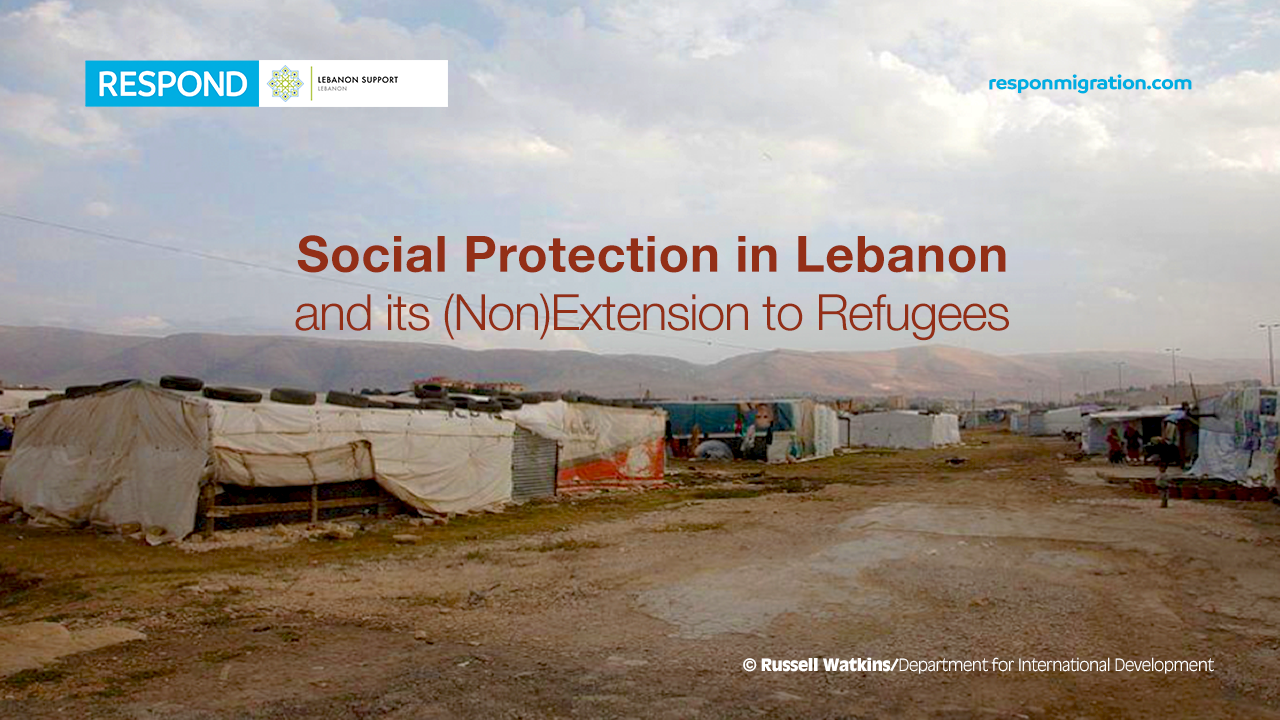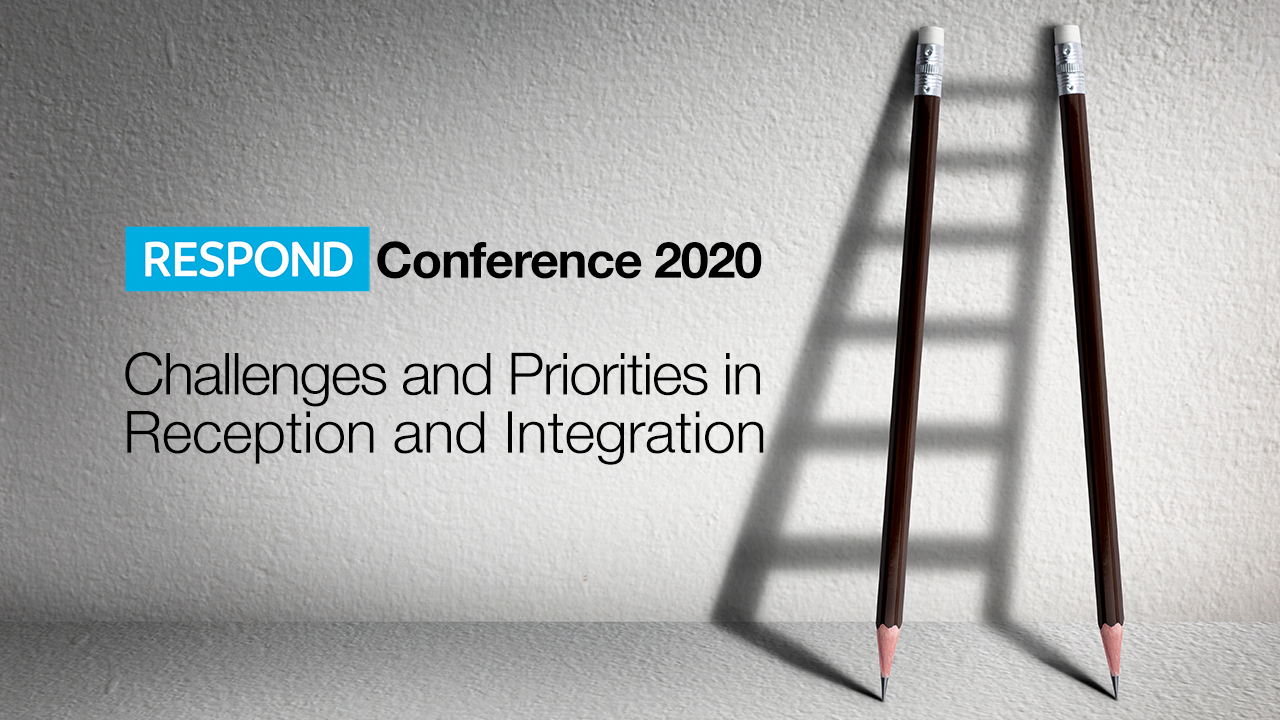by Jasmin Lilian Diab, Fouad M. Fouad | Global Health Institute, American University of Beirut
The Syrian civil war has displaced more than half of Syria’s population; within Syria for safety or to the neighboring countries to seek refuge. In the first two years of the Syria crisis, these countries; Lebanon, Turkey and Jordan, have opened their borders with no restrictions. The international humanitarian organizations and the international community have supported these states with the heavy burdens on their infrastructure.








